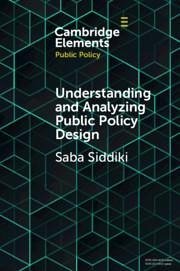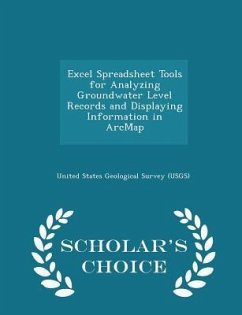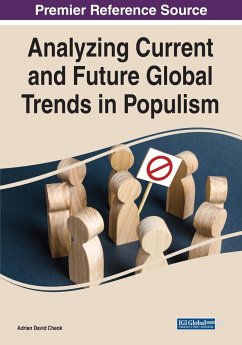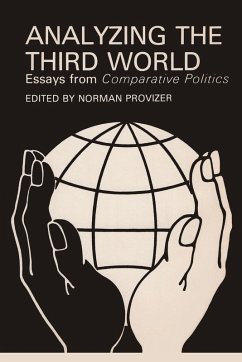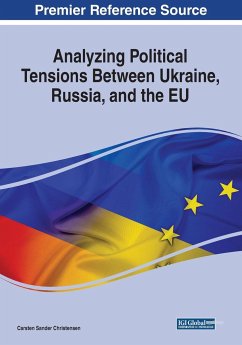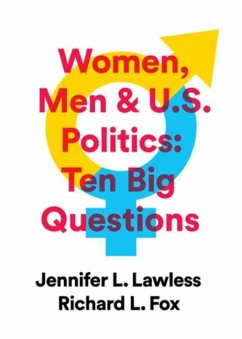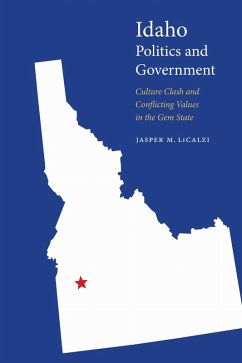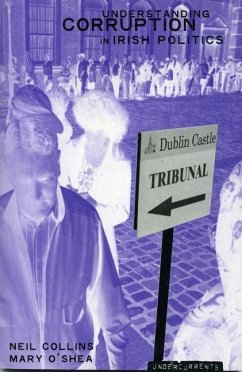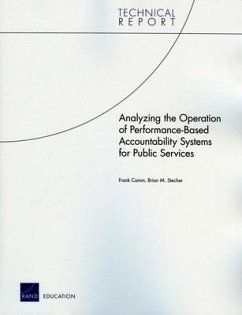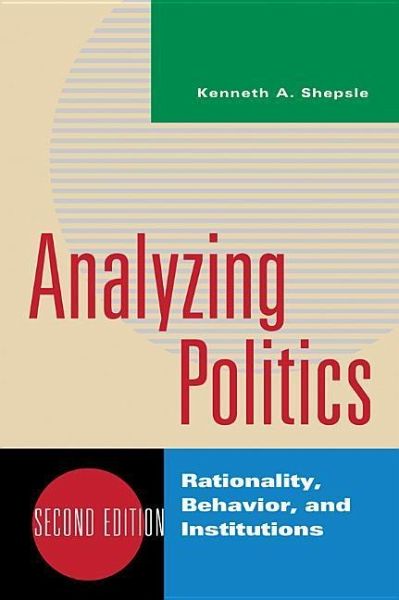
Analyzing Politics
Rationality, Behavior, and Institutions
Versandkostenfrei!
Versandfertig in über 4 Wochen
46,99 €
inkl. MwSt.

PAYBACK Punkte
23 °P sammeln!
Analyzing Politics makes the fundamentals of rational-choice theory accessible to undergraduates in clear, nontechnical language.
Through case studies, illustrations, and examples, the author provides students with the means to analyze a wide variety of situations. The Second Edition has been thoroughly revised to include updated cases and examples, new problem sets and discussion questions, and new "Experimental Corner" sections at the end of many chapters, describing experiments from social science literature.



